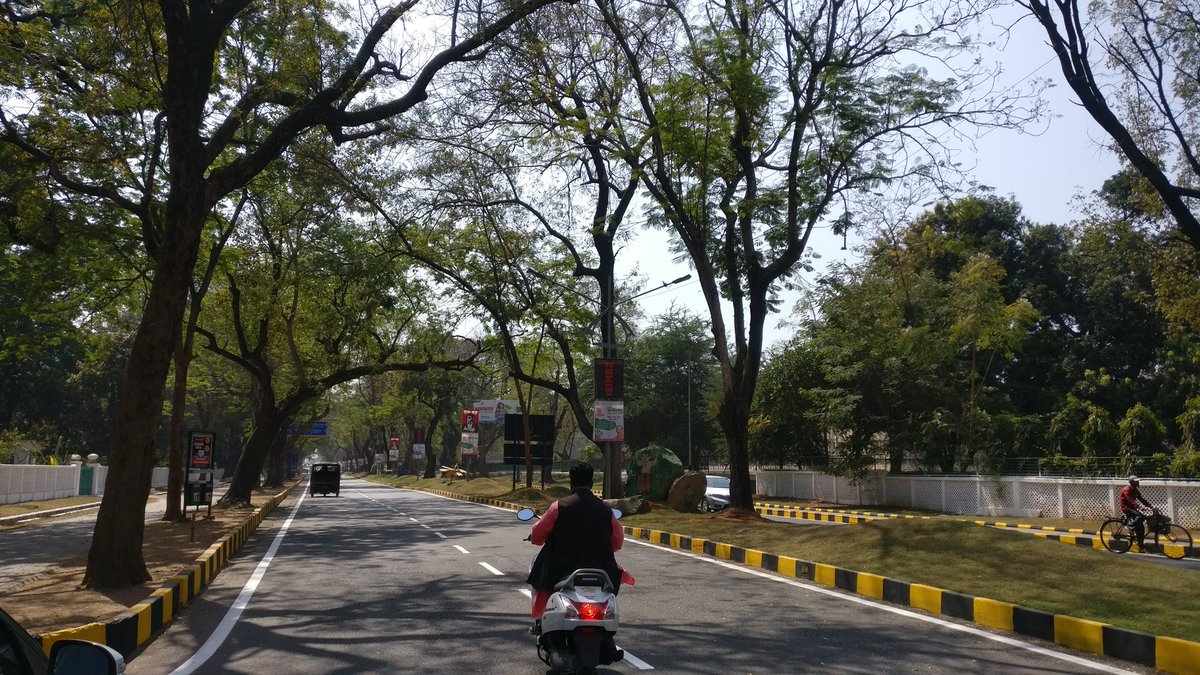Swachh Survekshan 2019 to cover all ULBs in country: Hardeep S Puri
The Housing & Urban Affairs Minister informed the Members on the progress made under the Swachh Bharat Mission and stated that the physical targets with regard to the building of individual and Community/Public toilets are well on the way to being achieved.

- Country:
- India
Shri Hardeep S Puri, Minister of State(I/C) for Housing & Urban Affairs has stated that 83% of wards in the country are covered by door-to-door collection, 53% wards are practising source segregation and 46% of the waste generated is now being scientifically processed. While addressing the Members of the Consultative Committee attached to the Ministry of Housing & Urban Affairs here last evening, the Minister dwelt on a length on solid waste management and informed the Members that the problem of accumulated garbage and its safe disposal is getting the highest priority of the Government.
Shri Pravesh Sahib Singh, MP(LS), Shri Santokh Singh Chaudhary, MP(LS), Dr. Srikant Eknath Shinde, MP(LS), Shri BhartruhariMahtab, MP(LS), Ms.VandanaChavan, MP(RS), Shri Raghav Lakhanpal, MP(LS), Shri RattanlalKataria, MP(LS), Dr.Satyanarayan Jatiya, MP(RS), Shri Rajan Baburao Vichare, MP(LS), Shri Durga Shankar Mishra, Secretary, MoHUA and senior officers including Mayors & Heads of municipal bodies were also present at the meeting. The MPs present appreciated the enormous amount of good work done by some of the municipalities and the Ministry of Housing & Urban Affairs and stressed the need to continue building upon the successes achieved. Presentations were made by the Mayors/Municipal Commissioners/Representatives from Pune, Indore, Ambikapur (Chattisgarh) among others.
The Housing & Urban Affairs Minister informed the Members on the progress made under the Swachh Bharat Mission and stated that the physical targets with regard to the building of individual and Community/Public toilets are well on the way to being achieved. “There is, however, a much larger challenge that will require the participation of all sections of society. That is the behavioural change among the citizens. The SBM architecture has Behaviour change strategy and Information Education Communication (IEC) as critical components. Under the Mission, all public toilets and urinals constructed have a minimum 5-year maintenance contract. Yet, that is not enough if the users do not change their mindset. All stakeholders must, therefore, ensure that mindset change becomes as important as achieving the physical targets”, he further stated.
Elaborating on some of the innovative initiatives taken under the Mission, he informed that while the first survey was among 73 cities, the second round of Survekshan was held among 434 cities. Swachh Survekshan 2018 has covered 4,203 cities, making it the largest such cleanliness survey in the world. Swachh Survekshan 2019 will cover all ULBs in the country. This ranking framework is introducing a healthy competition among all the participating ULBs. Mentioning about the star rating protocol for garbage-free cities, he informed that MoHUA has launched a ‘star rating protocol for garbage-free cities’ to motivate cities to achieve garbage free status. This protocol, designed on a SMART framework, addresses a city’s complete Solid Waste Management chain across 12 cleanliness parameters.
In a first of its kind initiative in the world, MoHUA has partnered with Google to upload and make available on Google maps all the public and community toilets in the cities so that citizens and visitors are able to easily locate these facilities in their vicinity. So far this has been completed for more than 1000 cities/towns across the country. Through other initiatives such as thematic drives with citizen participation, engaging students and self-help groups to be the agents for social behaviour change, engaging swachhagrahis across the country to drive behaviour change, running multi-media communication campaigns with messages of ‘swachhata’, and use of various Information and Communication Technology (ICT) tools and apps (Swachhata app, Swachh Manch, 1969 Swachhata helpline) for greater citizen participation and engagement - there is now a growing appreciation among people that each of us is equally responsible for maintaining cleanliness of our surroundings.
The focus will now be not only on sustaining the momentum but on accelerating the pace further through innovative, game-changing approaches, continuous capacity building of Urban Local bodies, along with a strong regulatory and legal framework and strict enforcement.
(With Inputs from PIB)
ALSO READ
Denis Villeneuve in talks to direct film based on nonfiction book 'Nuclear War: A Scenario'
Gutka worth Rs 50 lakh seized in Maharashtra's Thane district; one held
Met department predicts light rain in Goa from April 8-10
Wheat price won't be affected, vegetable needs to be watched out: RBI Governor on heatwave predictions
Will put down hate crimes and communal conflicts if elected to power: Congress










